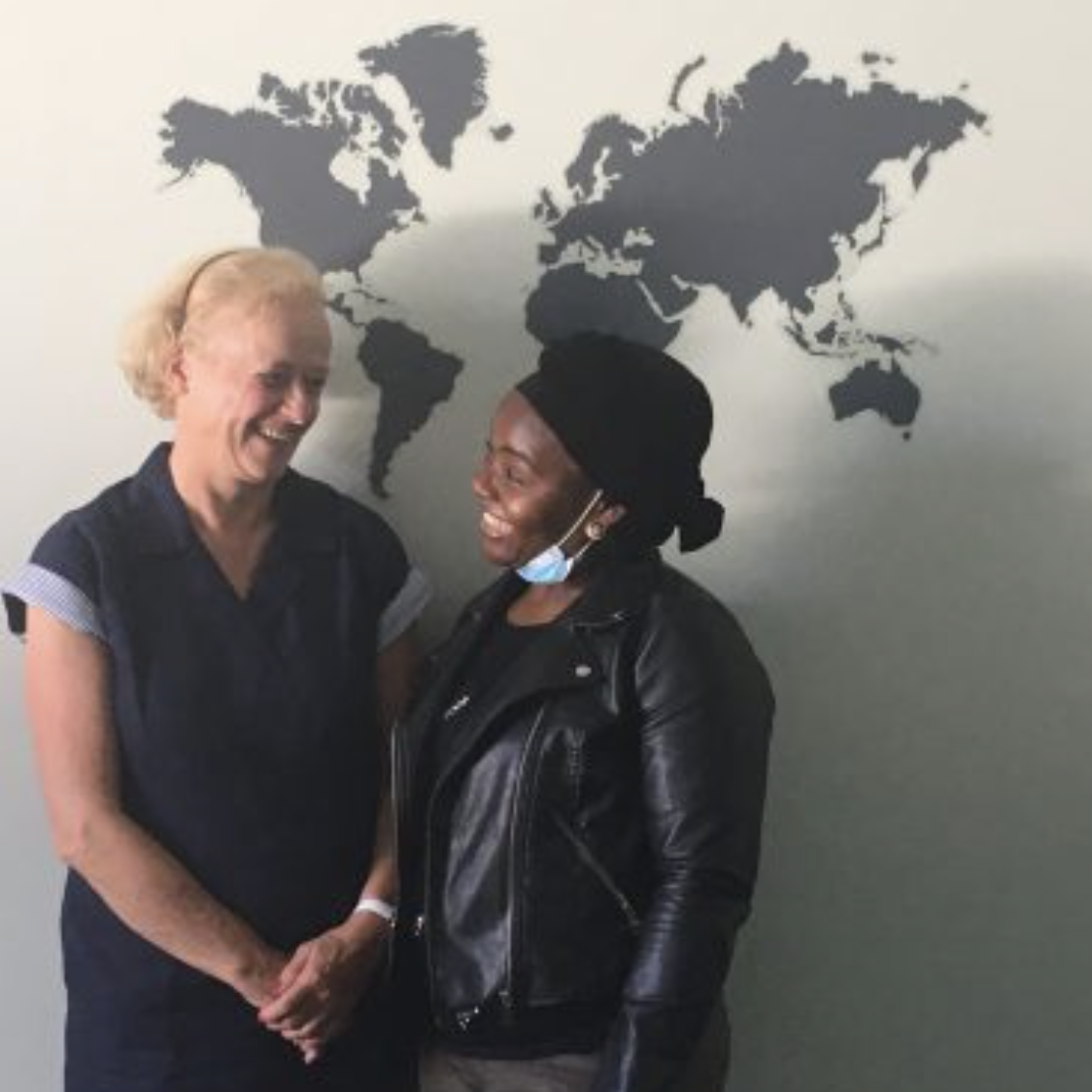“At the age of 68, suddenly you're no one.” Gilbert did not want to retire yet. At 65, he negotiated with his company to stay a bit longer. He trained young engineers and was respected by his colleagues. “Until the new director came in and said: I'm here to clean up. Everyone over 50 is going to leave.”
“At the age of 68, suddenly you're no one.” Gilbert did not want to retire yet. At 65, he negotiated with his company to stay a bit longer. He trained young engineers and was respected by his colleagues. “Until the new director came in and said: I'm here to clean up. Everyone over 50 is going to leave.” Overnight, Gilbert found himself at home, with no network of colleagues, no structure for the day, without recognition. Arnold is also found in this story: “JI wanted to continue working after I was 65. I had the feeling that I was no longer useful. You accumulate a certain amount of baggage during your professional career, but it is of little use when you retire. .”
HEAVY LABELS TO WEAR For many people in their sixties, retirement comes suddenly. They still feel active, want to participate in the world around them, and don't want to stay home for the third part of their lives. Paradoxically, as a society, we tend to “park” people at the end of their career and even more so at the time of retirement. All of a sudden, the experience, expertise and skills acquired over a lifetime are no longer valued. Consequences? Not only do they face a feeling of 'uselessness', but they also have to deal with the external perception of being someone who is not like them: an elderly person who is “disconnected”, “old-fashioned”, or even “resistant to change”.
For young people with an immigration background, the same mechanisms are at work from birth and last throughout life. These barriers linked to stereotypes are particularly blocking when it comes time to enter the job market. They are in fact imposed negative representations linked to the fact of being young (and therefore inexperienced) and from immigration. They have to double prove themselves to access the job market with the hope of being able to work there in a profession that matches their skills. These prejudices that lead to discrimination not only prevent these young people full of potential, desires and dreams from finding their place professionally, but it also deprives society and businesses of diverse and rich skills and experiences.
Since these prejudices harm both individuals and the community, why not create the conditions so that each person, regardless of age, origin, gender, can, in complete complementarity, deploy their talents and share their wealth with us?
IDENTIFY COMMON AREAS To do so, we would probably have to start by getting rid of these prejudices about others that we all stick to. And on this side, good news, there are possible solutions. In addition to the necessary systemic changes, a first individual action would consist in “going out to meet” based on the observation that the more diverse our social environment (family, friends, colleagues) is, the more tolerant we become towards people who are different from us.
It is in this approach that DUO for a JOB has built its model. For eight years, the association has been creating duos and connecting people over the age of 50 (like Gilbert and Arnold) with young people with an immigration background. The 50+ meet the needs of young people (lack of experience, networks/social capital) and vice versa (lack of valuation/fight against isolation, etc.), but not only... Witnessing the creation of more than 3,500 duos was an opportunity for us to note that through individual experience, people over 50 and young people get to know each other and open the magnificent barrier of questioning and questioning. By creating a long-term relationship of trust, they discover the reality of the other and what unites them, develop empathy and understanding, not only for him or her, but also for the group to which he/she belongs. Jean-Louis, a mentor, testifies:”I became an activist for these young people. I defend them with all those who have “preconceived ideas” against them, including in my family .”
In the difficult economic and social context that we are experiencing, where many human relationships have been digitized, there is a risk that less frequent and less qualitative social contacts will increase mutual misunderstandings. The moment for DUO for a JOB to send an opening message with this poster campaign in progress on the Belgian coast. We have witnessed improbable encounters between thousands of young and old from very different backgrounds and it is clear to see the power of this experience of deconstructing prejudices. Today, we want to launch an invitation to multiply its effects: go out, leave your comfort zone, go to meet the Other, the discoveries you will make could well surprise and transform you, for the benefit of all. Through exchanges between people belonging to different groups, we can create relationships between citizens based on tolerance, openness and mutual respect.
















